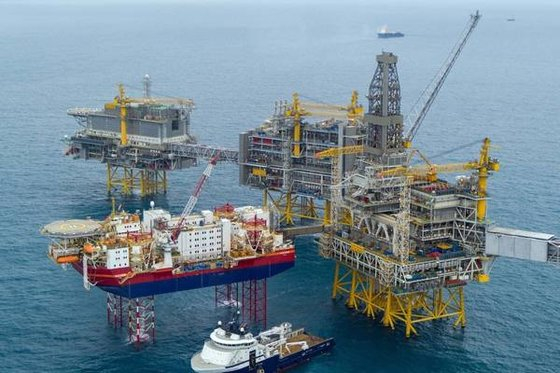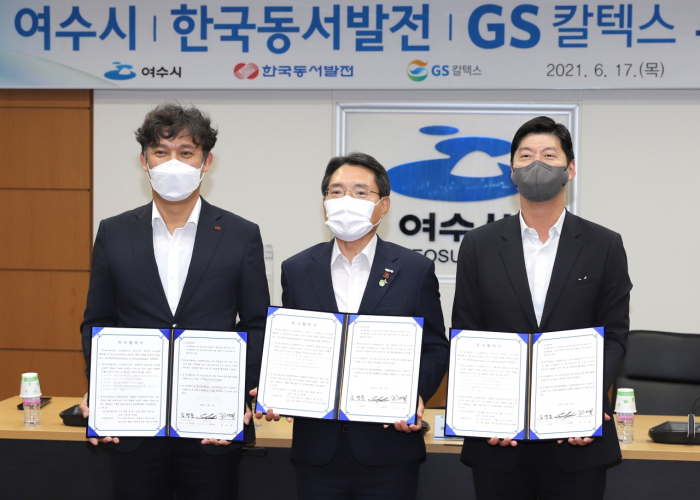ESG
GS Caltex marks Korea’s first company to buy carbon-neutral crude oil
South Korea's country-wide push for ESG is also transforming its oil & gas sector
By Jun 17, 2021 (Gmt+09:00)
1
Min read
Most Read
LG Chem to sell water filter business to Glenwood PE for $692 million


Kyobo Life poised to buy Japan’s SBI Group-owned savings bank


KT&G eyes overseas M&A after rejecting activist fund's offer


StockX in merger talks with Naver’s online reseller Kream


Mirae Asset to be named Korea Post’s core real estate fund operator



GS Group has become South Korea’s first business group to purchase carbon-neutral crude oil, in a move to strengthen its ESG efforts.
South Korea’s major oil company GS Caltex, a 50:50 JV set up by America’s Chevron and GS Energy, a GS Holdings subsidiary, said on June 17 that it bought 2 million barrels of carbon-neutral crude oil from Sweden’s Lundin Energy.
Lundin’s crude oil that GS Caltex is purchasing this time is certified as carbon neutral by the British product testing and certification firm Intertek Group. The Swedish company’s carbon-neutral crude oil is reported to emit carbon emissions about 40 times less than the typical crude oil.
“We bought Lundin’s carbon-neutral crude oil, the world’s first certification on crude oil, as a move to expand our company’s ESG agenda,” said GS Caltex CEO Hur Sae-hong.
GS Caltex said that the agreed volume of 2 million barrels will be delivered to Korea by September this year. The company processes around 0.8 million barrels of crude oil per day.
EXPANDING LOCAL PARTNERSHIPS
GS Caltex on the same day also signed an agreement with public bodies in Korea in an action to support the country in vitalizing the hydrogen economy and achieving carbon neutrality.
GS Caltex agreed with the Yeosu city government and Korea East-West Power Corporation, a wholly-owned subsidiary of Korea Electric Power Corporation (KEPCO), to jointly invest 100 billion won ($88 million) to build a hydrogen fuel cell power plant by 2023.

The plant, to be located in Yeosu city in the South Jeolla Province, will generate 15 megawatts (MW) of power, enough for 50,000 households.
GS said no greenhouse gases will be emitted from the power-generation process, as it is using byproduct hydrogen as the base material to generate electricity instead of liquefied natural gas (LNG), only producing water as the byproduct.
Write to Kyung-min Kang at kkm1026@hankyung.com
Daniel Cho edited this article.
More to Read
-
 Renewable energyGS Energy to create renewable JV with Spain’s Iberdrola
Renewable energyGS Energy to create renewable JV with Spain’s IberdrolaJun 16, 2021 (Gmt+09:00)
2 Min read
Comment 0
LOG IN


